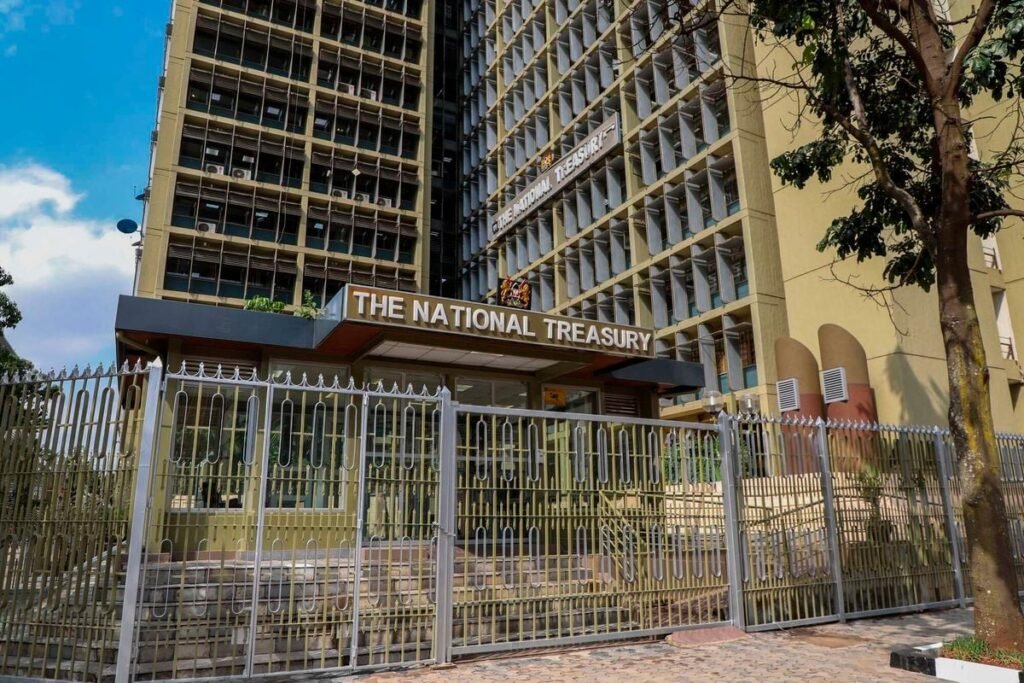After hitting the Sh4 trillion mark in the fiscal year 2024/25, the total budget for the fiscal year 2025/26 is projected at an impressive Sh4.49 trillion according to the draft 2025 Budget Policy Statement (BPS) by the National Treasury and Economic Planning.
The National Government is set to receive a substantial portion of the budget, amounting to Sh2.75 trillion, with the executive branch allocated the largest share, Sh2.68 trillion, the parliament, Sh44.6 billion, while the judiciary, which plays a critical role in upholding the rule of law, is allocated Sh28.3 billion.
Also, the budget allocates Sh1.33 trillion to Consolidated Fund Services, a component essential for covering domestic interests, foreign interest, pensions, and salaries for state officers, ensuring that the government can meet its financial obligations while maintaining stability in public service operations.
On the other hand, County Governments have a total allocation of Sh405.1 billion designated as sharable revenue, which is vital for empowering local governments to deliver essential services to their communities.
The budgetary allocations for the upcoming fiscal year reflect a strategic approach to resource distribution, as the National Government continues to make up a majority of the total allocation, 61.3%, while County Governments account for least share, 9%. The government has increased budget allocations to every sector prioritizing critical sectors such as health, education, and infrastructure.
For instance, the Education sector continues to command the highest share of the total allocation with Sh718.76 billion set aside for it. This demonstrates the government’s commitment towards improving educational outcomes and opportunities for youth, with the funding expected to enhance school infrastructure, teacher training, and access to learning materials, cultivating a more educated workforce.
The Energy, Infrastructure, and ICT sector is allocated Sh554.78 billion, underscoring the importance of modernizing infrastructure to foster economic growth and technological advancement. While the Health sector has been allocated Sh204.99 billion dedicated to improving healthcare services and access for citizens.
The Public Administration and International Relations sector is set to receive Sh360.94 billion while Sh279.02 billion has been set aside for the National Security sector. On the other hand, Agriculture, Rural, and Urban Development sector is set to receive Sh86.1 billion, emphasizing the government’s focus on food security and rural development. This investment is expected to increase support to farmers and improve agricultural productivity, which is vital for the nation’s economy.
This marks the first time the current administration is adopting the Zero-Based Budgeting approach in budget preparations. The bottom-up budgeting technique requires all expenses to be justified and approved in each new budget period.
The method, which is known for reducing redundancy spending, evaluates each sectors’ funding, and their current needs rather than the expenditure from the previous year.


